Search Results
Showing results 921 to 940 of 1054
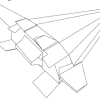
Proportionality: The X-Plane Generation
Source Institutions
In this activity, learners build a 1:140 "scale model" of NASA's X-33 Reusable Launch Vehicle (RLV) Technology Demonstrator, and investigate how the model dimensions compare to the real vehicle.
Big and Little Cups
Source Institutions
In this indoor or outdoor water activity, learners pour water from small cups to large cups and containers. In doing so, they discover water takes the shape of its container.

Twirling in the Breeze
Source Institutions
In this engineering activity, learners build a device (an anemometer) to measure how fast the wind is blowing.

Clean Water: Is It Drinkable?
Source Institutions
In this activity, learners simulate nature's water filtration system by devising a system that will filter out both visible and invisible pollutants from water.

Big Wave
Source Institutions
This is an activity about waves. Using marbles, paper clips and rubber bands, learners explore how waves behave.

Bouncy Egg
Source Institutions
In this activity, learners explore how acids can dissolve eggshells leaving behind a membrane-covered bouncy egg.
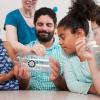
Exploring Earth: Investigating Clouds
Source Institutions
“Exploring Earth: Investigating Clouds” is a hands-on activity in which visitors create a cloud in a bottle and explore it with laser light.

Familiar Fossils
In this activity, learners explore different types of fossils by making their out of dough and objects from around the house.

Shell Shifts
Source Institutions
Ocean acidification is a big issue due to the amount of carbon dioxide humans release. CO2 in the atmosphere is absorbed into the ocean thus changing its acidity.

Amazon Water Cycle Roleplay
Source Institutions
In this creative roleplay activity, learners will explore the various processes of the water cycle using movement, sound, and props to aid in comprehension.
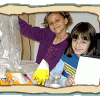
If Trash Could Talk
Source Institutions
Ancient trash tells archaeologists a lot about the past. In this activity, learners take a close look inside their trash can and think about the clues it offers about their lives.
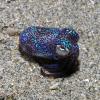
What is Light?
Source Institutions
In this four-part activity, learners will discover the exciting world of light--the most important form of energy in our world--and be able to identify and describe different types of light.
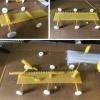
DIY Pasta Rover
Source Institutions
In this activity, learners design and build a NASA rover using raw pasta and candy with a limited imaginary budget.
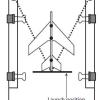
Geometry and Algebra: The Future Flight Equation
Source Institutions
In this activity, learners discover how NASA engineers develop experimental aircraft.
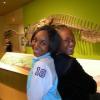
Bone Identification
Source Institutions
This activity (page 3 of the PDF under SciGirls Activity: Dinosaurs) is a full inquiry investigation into fossil hunting and identification.
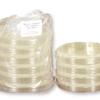
Does Sunscreen Protect My DNA?
Source Institutions
In this laboratory experiment, learners explore how effectively different sunscreens protect yeast cells from damage caused by ultraviolet (UV) radiation.
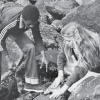
Rock Pioneers
Source Institutions
In this outdoor activity/field trip, learners investigate organisms that live along the ocean's rocky coast.
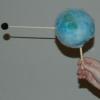
Exploring Strange New Worlds
Source Institutions
This fun and simple hands-on astronomy activity lets learners explore model planets (that they or an educator will create), using methods NASA scientists use to explore our Solar System.
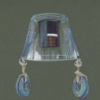
Submarine: Soda Cup Lander
Source Institutions
In this activity (on page 2), learners create a submarine using a plastic cup. This is a fun way to learn about buoyancy and density.
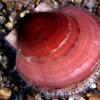
The Scoop on Scallops
Source Institutions
In this data analysis activity, learners quantify the abundance and distribution of sea scallops in and adjacent to the Mid-Atlantic closed areas.
